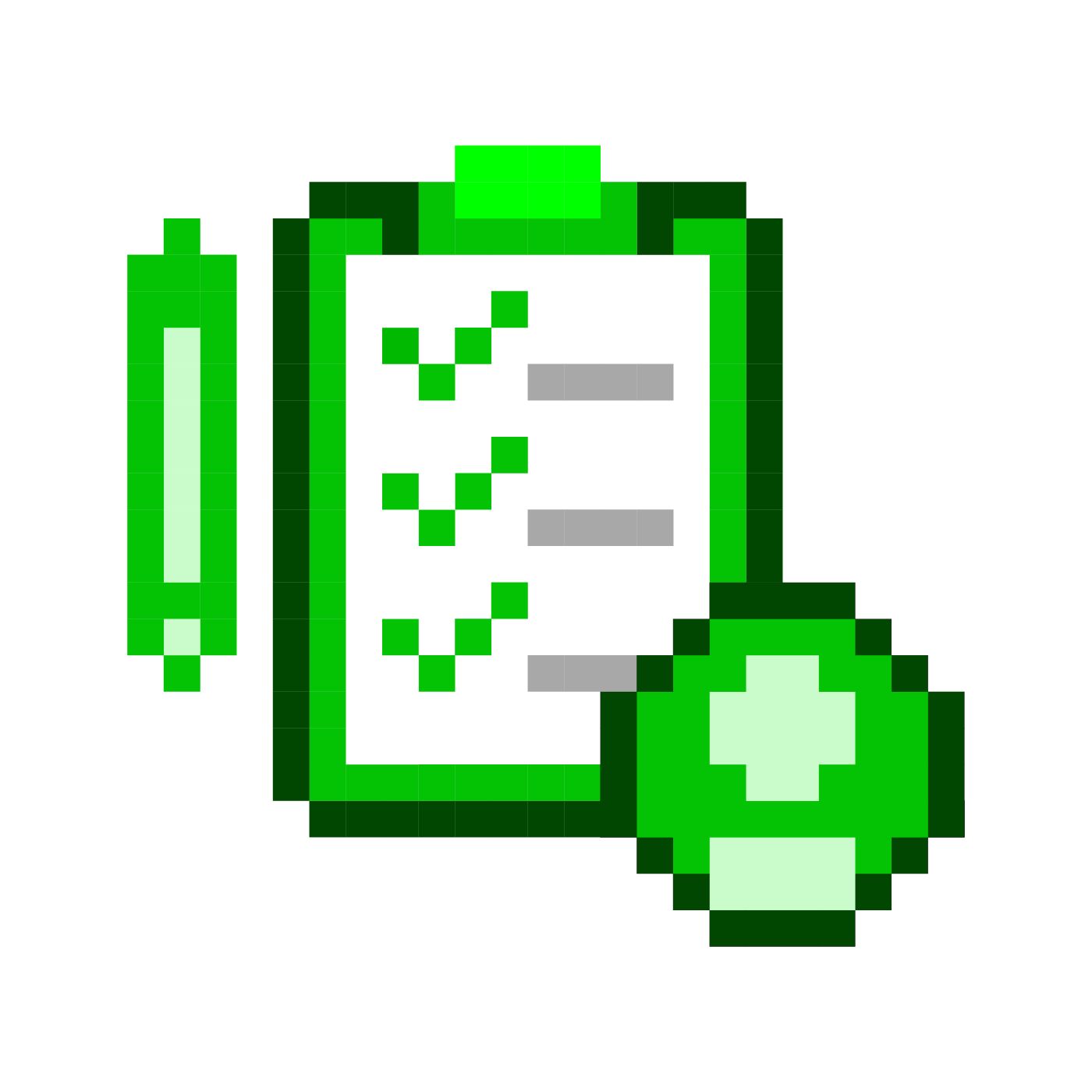Hello, again hackers!
The holidays are here, and it's time to give back to the HackerNoon community through guides. From debugging to marketing strategies, guides cater to diverse audiences. Today, we'll explore what makes a guide a 'top story' from an editor's perspective.
Our featured story, 'Unveiling the Power of PM and P3M Algorithms on GPUs' by @resetius, delves into using these algorithms to simulate the cosmos. Discover what makes this guide a top story as we explore its standout features.

How to Make Your Guide a HackerNoon Top Story
1. Picking The Right Sources
When writing an article, support your thesis with reputable sources like government websites (e.g., CDC, FDA), academic institutions, renowned publications (e.g., The New York Times, BBC) and research papers. In @resetius' guide, authoritative links from Nvidia, peer-reviewed papers, and top GitHub repositories secured a top spot.
Similarly, avoid bad-quality sources, such as blogs or websites without identifiable authors, unverified social media accounts and websites with outdated content.
Remember: Linking to high-quality sources not only references information but also enhances your guide's overall quality, reliability, and credibility. This ensures lasting relevance and value for readers and search engines amidst evolving trends and information. For a better understanding of how you should link to sources, check out our Sources and Citations page for more info.

2. Good Formatting Gets You Far
In lengthy guides, maintain clarity by organizing content with a Key Topic (H2), broken down into Subsections (H3) with bullet points or lists. This ensures logical flow and aids accessibility tools. Well-formatted guides also benefit SEO, enhancing visibility on Google. @resetius exemplified this in their guide on The P3M Algorithm and GPU Acceleration, breaking down the main topic into specific subtopics with clear headings and bullet points, balancing organization without overuse. Mastering this balance sets professionals apart from amateurs.
3. We Love Images, Videos, and Graphs
Top tutorials go beyond words—include high-quality images, videos, and graphs for a more engaging and effective presentation. Benefits include:
-
Images: Improve engagement, convey ideas effectively, and showcase storytelling skills.
-
Videos: Guide readers through tasks, catering to hands-on and visual learners. Charts and
-
Graphs: Simplify complex data for easy understanding.
-
SEO Boost: Multimedia-rich content ranks higher on Google, expanding your reach to more readers.
In our featured guide, diagrams, code snippets, and videos demonstrate partitioning strategies for PM and P3M Algorithms. This multimedia approach creates a well-rounded piece, providing readers with a comprehensive understanding. A+ work!
Think you can write a guide worthy of a HackerNoon Top Story? Check out our How to Write a Guide on HackerNoon template and get started today!
And for more tips, check out the HackerNoon Editing Protocol.
Now that you have leveled up, put your skills to the test
The most wonderful time is here with new contests!
- DevOps Writing Contest by Aptible: Win $3,000. Ends Dec 31st. Use this template!
- Crypto Trading Writing Contest by BYDFi: Win up to $1,000. Ends Dec 15. Use this template!
And that’s it for this one, hackers. We hope you enjoyed and we wish you a great start to the holiday season!

